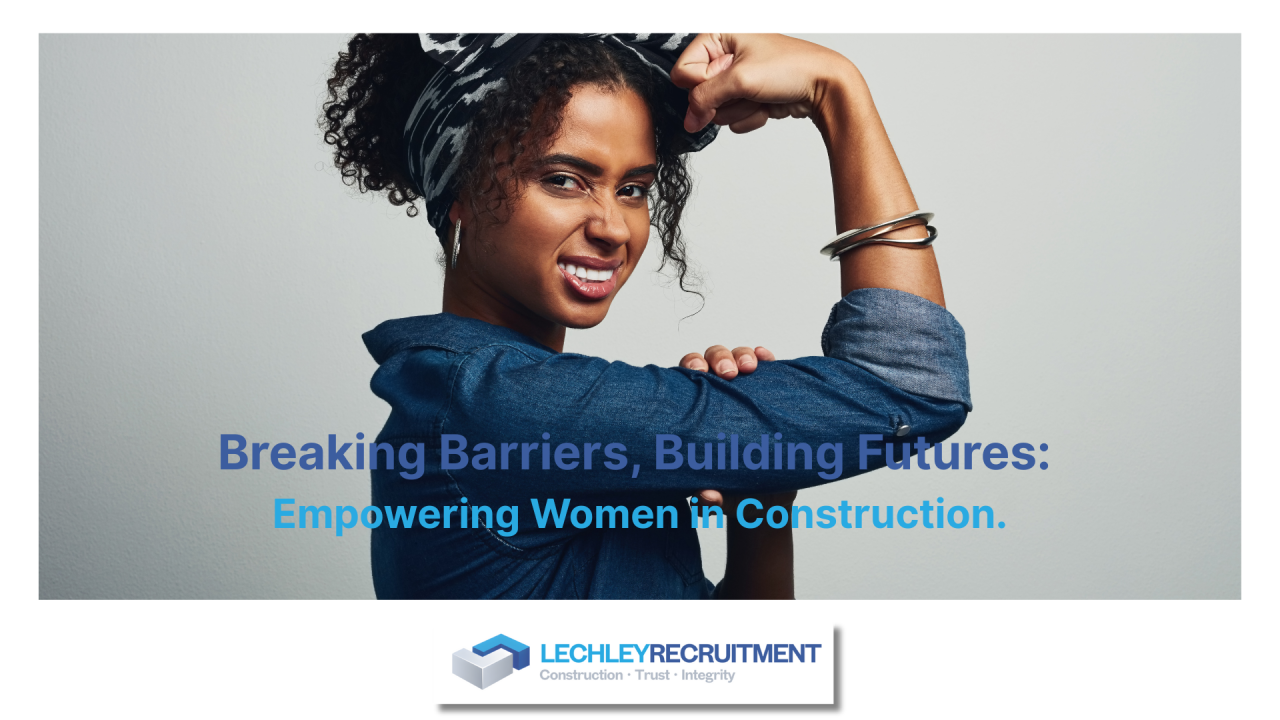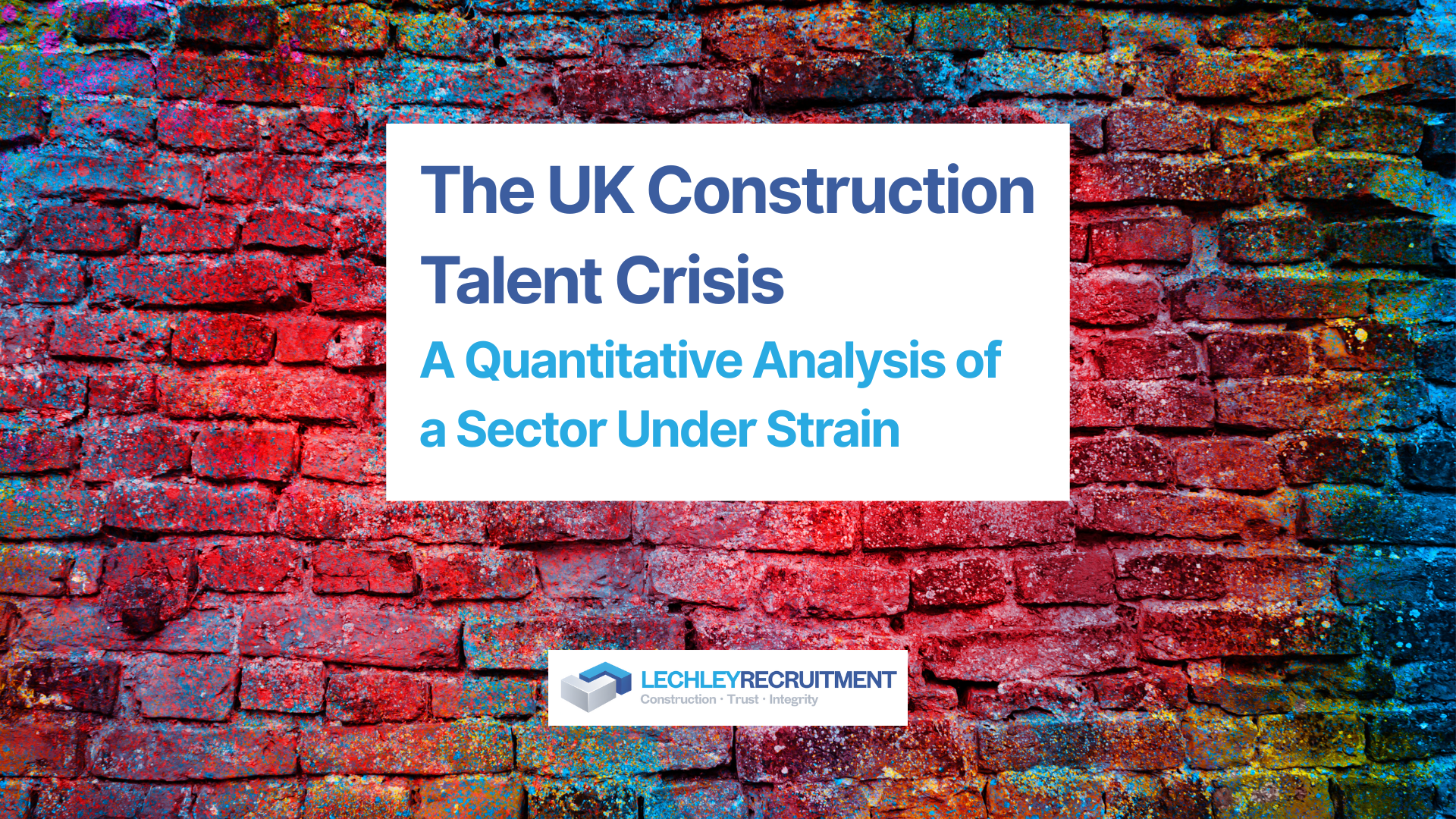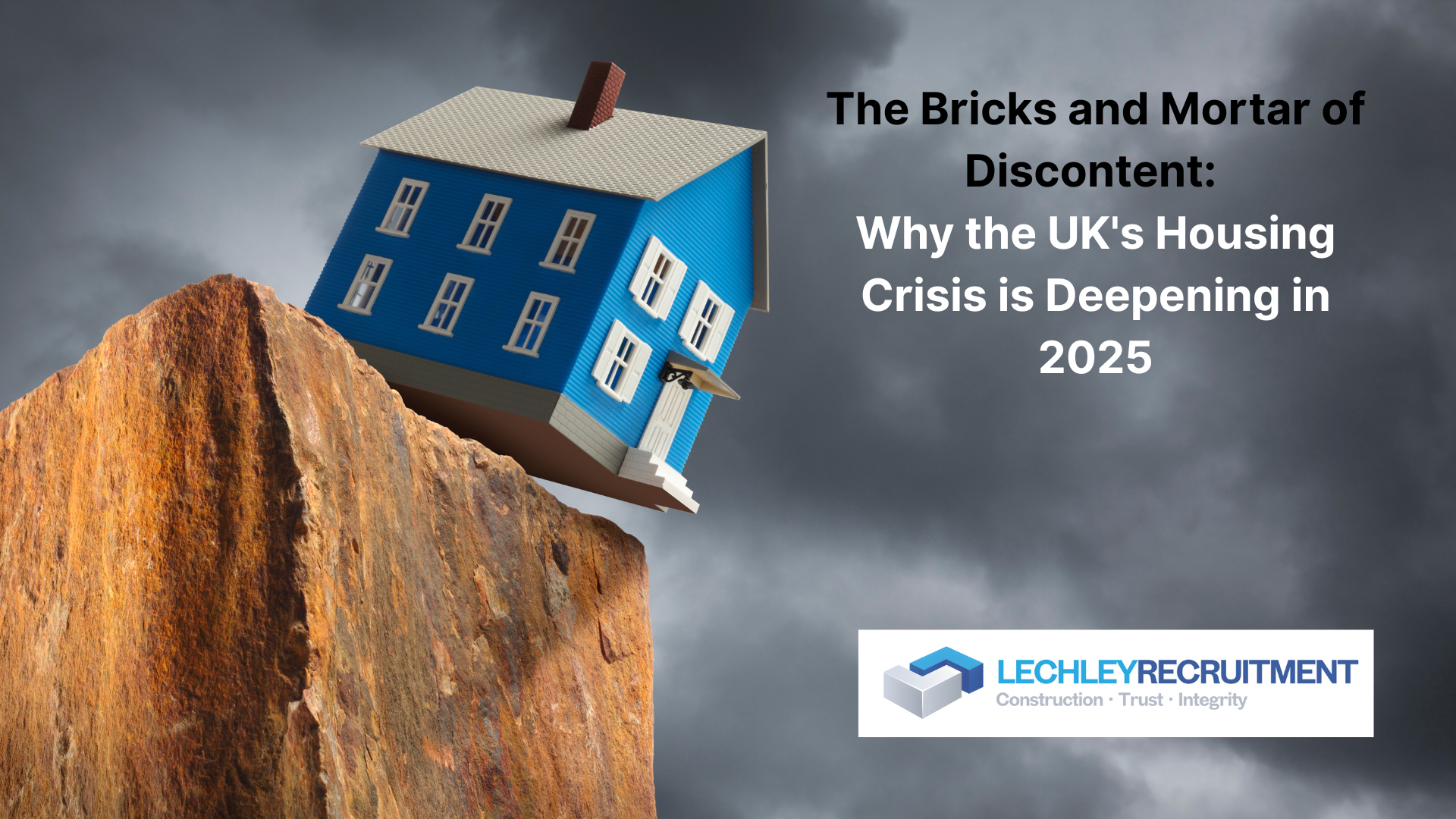Six ways Gen Z are ruining the workplace for everyone else - "According to The Telegraph"
This is a subtitle for your new post

Junior staff members with ‘unrealistic expectations’ are rewriting the rules of the office and leaving their senior colleagues baffled
From dodging calls to demanding that employers pay ever closer attention to their mental health, Gen Z are reshaping the world of work. But, for many, the new norms being pushed by young workers are entirely unwelcome.
In fact, recent data show that some 70 per cent of managers are struggling to handle junior staff due to “unrealistic expectations” and “different attitudes to authority.”
Here are some of the biggest complaints.
Dodging phone calls
Phone etiquette is one of the big dividing lines in the workplace, with older managers left baffled by the reluctance of younger colleagues to make phone calls – or even answer them.
Miranda*, a 47-year-old marketing executive, phoned a young applicant to conduct an interview. But when the 20-something picked up the call, he remained completely silent. “All I heard was him breathing,” says Miranda. “It was really creepy.”
Bizarre as it was, the incident is far from a one-off. Many younger workers view calls with utter horror. Emma*, a 22-year-old lawyer, admits to dreading them. “If I don’t know who’s calling, I let it ring out,” she says. “It’s partly anxiety, partly that I don’t always have the social energy for it. I much prefer messaging people.”
But this behaviour baffles accountant Robert*, 59: “Ten years ago, our new joiners would at least know how to say hello on the phone or start a conversation,” he says. “It was a basic skill. Now it’s a pitch battle to get anyone to make a call – they’d rather email and wait for hours for a response.
This phone avoidance has become a phobia.”
Habiba Khatoon, a director at recruitment firm Robert Walters, warns an essential skill is being lost.
“You can get information via email, but you can’t convey your tone or build a client relationship,” she says. “This generation has never had to communicate with another human being if they don’t want to. Many are self-conscious simply because it’s so alien to them.”
Demanding ‘safe space’ workplaces
While we have all become increasingly enlightened about mental health – in particular, the importance of tending to it and seeking treatment when necessary – some argue the issue has spiralled out of control.
“Younger colleagues often regale me with stories about their sick cat or their bad break-up or problems with their landlord – and then tell me their stress and anxiety is spiking so I have to respect their need for a “safe space” and not make demands on them. It’s exhausting,” says Miranda. “I don’t want to know everything about your life, I just want to rely on you to do your job.”
Indeed, one business founder recently told The Times the demands made by Gen Z workers are a “nightmare”, adding: “They expect you to be their career counsellor, mental health nurse and their mum all rolled into one.”
Focusing on well-being can too often come at the expense of essential tasks, others warn.
Robert recounts younger workers citing mental health when requesting deadline extensions or refusing to take on new responsibilities.
“But if you never step outside your comfort zone, how will you ever learn?” he questions.
Khatoon describes the divide on the issue as inevitable. One generation actively encouraged to talk about their feelings, and using a vocabulary “full of buzzwords”, stacked against senior colleagues who have been raised very differently. Banker Jasper*, 22, argues that those of his age are simply focused on maintaining a healthy work-life balance. “But my boss isn’t happy with me being honest and drawing those boundaries,” he adds.
Wearing noise-cancelling headphones
In most offices, says Khatoon, Gen Z-ers think it’s fine to pop their headphones on at their desk.
But older workers like Miranda wouldn’t dream of siloing themselves off. “I tried to soak up everything when I started,” she says. “You hear about interesting opportunities, how to handle particular clients, or just get to know the people around you. Putting on headphones says to me: ‘I’m not invested in my team or my workplace – I’m just doing this on my terms.’”
She believes such behaviour became ingrained during the pandemic, when the vast majority of us were forced to work from home, but describes younger colleagues as “naturally more insular”.
But lawyer Emma argues shutting the world out can boost productivity. “Listening to music helps me focus so much. I get things done so much better,” she says. Jasper agrees, but admits he frequently receives judgmental looks or comments for wearing his headphones.
Dressing down
The creeping informality in office attire infuriates many older workers.
“When I started work, I worried about whether my suit was posh enough,” says Miranda. “It’s definitely relaxed since then, but you see some jaw-dropping stuff from young people – clothes more suited to the beach than the office. I’m talking mini skirts, bare feet, or skimpy tops with no bras. You don’t know where to look.”
Robert, for his part, recalls one younger colleague coming to work “in skin-tight leather trousers and goth make-up”. “When someone mentioned it wasn’t appropriate, he said he was going to a gig that night and wouldn’t have time to change, and anyway, he was just being his authentic self.”
Emma rejects the idea that her age group has forgotten how to dress for the office. However, she concedes many have a preference for comfort over formality – such as wearing trainers instead of leather shoes.
Fixating on wellness and ‘woke’ causes
Miranda was recently confronted by a Gen Z colleague after printing out a six-word document. “She marched up to me and said: ‘Do you know how many trees you’ve just killed? Their blood is on your hands.’ Which seemed a bit extreme. There’s a definite eco-warrior vibe to that age group. I admire it in a way, but I do want to use the printer without being called a murderer.”
Robert has experienced similar issues with younger workers who are keen to push their progressive views and lifestyle choices onto everyone else in the office. “I remember getting a tiresome lecture from a young colleague about the green benefits of a plant-based diet whilst I was trying to eat a ham sandwich.”
Add to that the scourge of ostentatiously large water bottles, and the prevalence of virtuous green smoothies and protein shakes, and, as Robert puts it, “The office turns into a trendy wellness centre” where “woke” beliefs and lifestyle choices seem to trump getting the actual job done.
Waltzing in late and walking out early
Perhaps the most significant generational gulf of all is the respective generations’ attitude to working hours.
Miranda recalls overtime being the norm, and yet still finding time to go to the pub with colleagues after work. “I paid my dues. Gen Z-ers are the total opposite. They never exceed their set hours, some waltz in late every day, and they have no shame about asking for extra time off.”
Khatoon says a majority of younger staff have a very different concept of work-life balance to their older colleagues, in part because they don’t believe going the extra mile will actually pay off. “The promise of working hard and being able to buy a house has vanished. Instead, Gen Z worry about burnout.”
Emma, for her part, doesn’t mind staying late if there is something that requires doing. “But I hate just sitting there if there isn’t – why can’t I leave early? It seems crazy. It’s just performative, not being productive.”
Most people her age, adds Emma, see work as “a means to an end, not a job for life” and are juggling their careers with hobbies and side hustles. “So they’re not about to give up everything for it,” she says.
*Names have been changed





